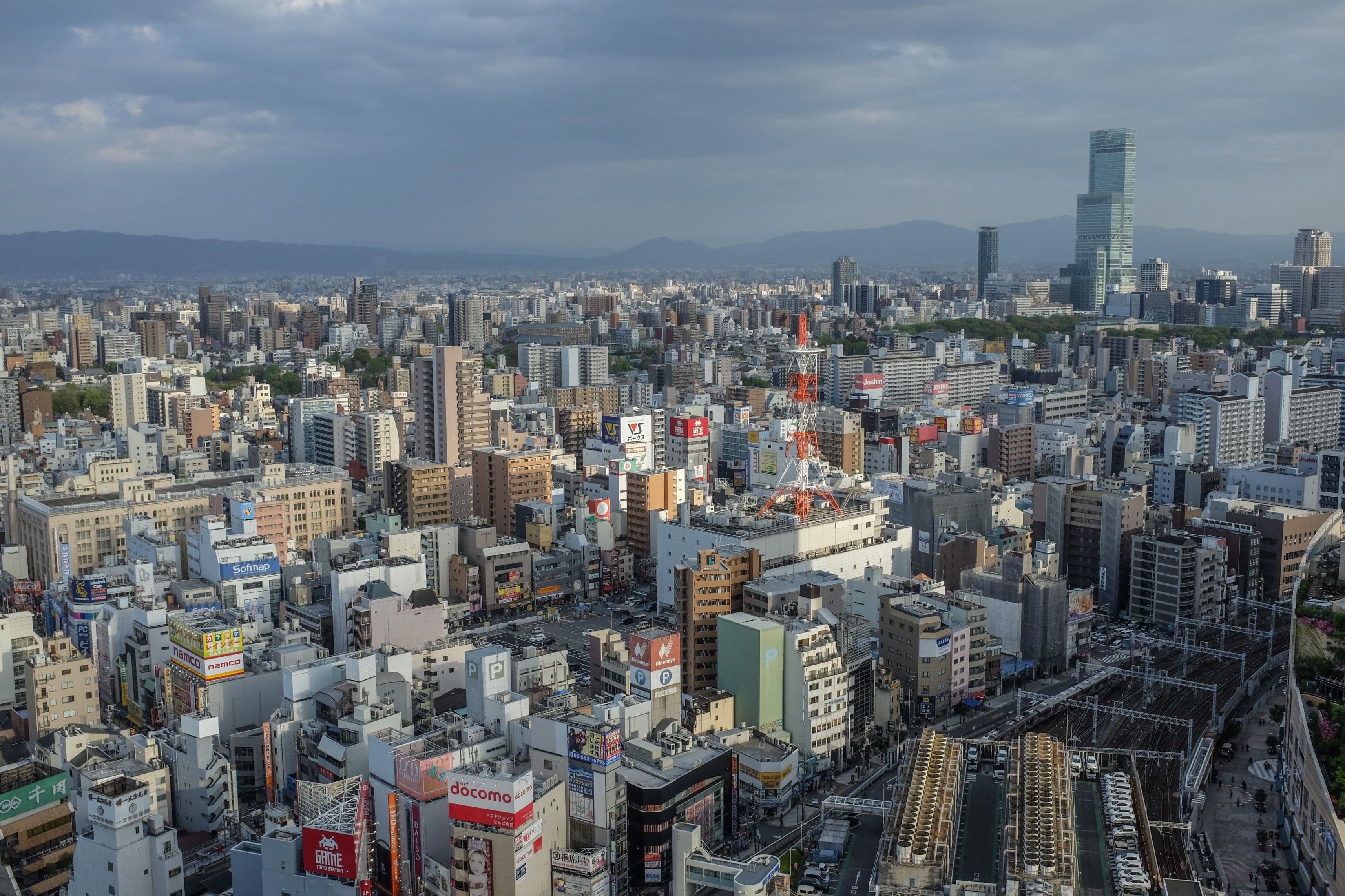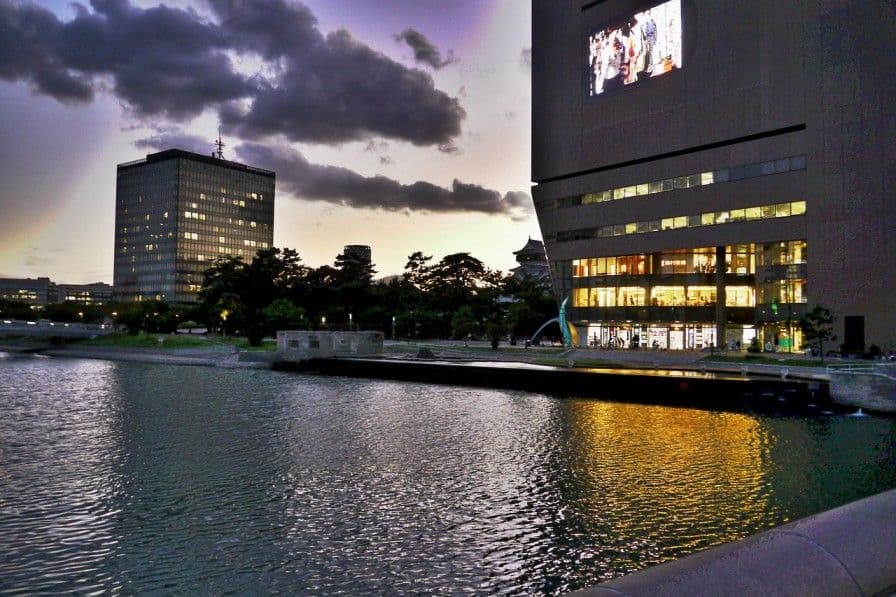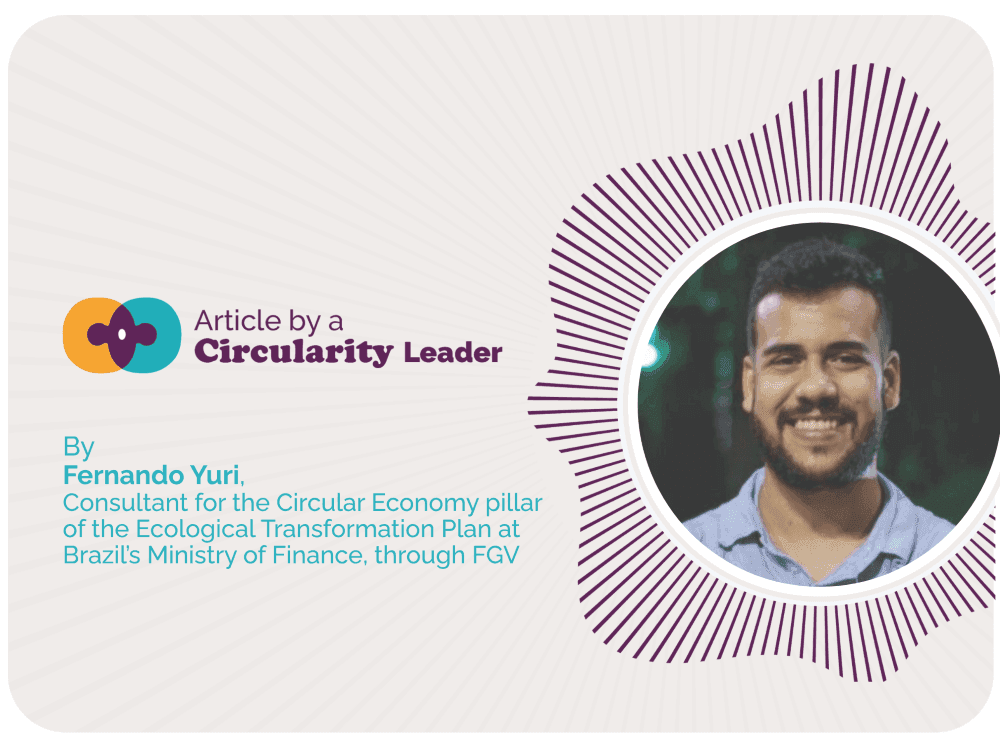
15/03/2024
Meet Circular Economy Model Cities in Japan
By Arlene Carvalho, from the Circular Movement
Japan is one of the countries that stands out when we talk about the Circular Economy. One of the reasons is that the country is aware that efforts need to be constant. In order to further consolidate the principles of circularity, the Land of the Rising Sun is planning goals such as reducing its greenhouse gas emissions (GHG) by 46% by 2030, launched at the United Nations Climate Change Conference, COP 28, held in 2023. In addition, it is adopting innovative approaches, such as the development of circular cities: urban communities that adopt principles and practices of Circular Economy in their planning, operations, and lifestyle.
These cities are designed to maximize resource efficiency, reduce waste, and promote material recovery in a continuous cycle, aligning perfectly with the principles of Circular Economy. This initiative not only drives socio-environmental sustainability but also creates more resilient and prosperous communities for present and future generations.
But what are these models in terms of Circular Economy? Here are some examples:

Kitakyushu, Japan. Image: Pixabay.
Kitakyushu
As a pioneering circular city in Japan, Kitakyushu emphasizes recycling and has established an industrial complex to manage recyclable materials. With a notable recycling rate of 99% and an investment of around $520,000 in sustainable projects, the city aims to achieve zero greenhouse gas emissions.

Osaka, Japan. Image: Freepik.
Osaka
Osaka, in Japan, incorporates energy policies and actions to address climate change into its urban planning for integrated solutions. It has a unique resource recycling system, with robust investments and 27 categories of waste for separation.

Kamikatsu, Japan. Imaeg: Pixabay.
Kamikatsu
Kamikatsu, a village surrounded by mountains, stood out in 2003 by becoming the first Japanese municipality to adopt the zero waste goal. Today, the community recycles 80% of its waste and separates it into 45 different categories.
These cities are inspiring examples of adopting circular practices to optimize resource use, minimize waste, and promote a healthier environment for all. These initiatives not only drive Circular Economy but also reflect Japan's commitment to building a more circular and fair world.
Mission Japan
To learn more about Japanese innovations in Circular Economy, the CEO of the Circular Movement, Vinicius Saraceni, is embarking this month on a trip to the Land of the Rising Sun and circularity. For 15 days, Saraceni and 22 other leaders will immerse themselves in concepts, practices, and culture, as well as other aspects that make Japan a reference in the field.
The group will participate in the Transformation Program for Circular Economy Business Models, a course offered by the Japanese government from March 6 to 19, 2024. The invitation to this initiative came through AOTS, an organization linked to the Japanese Ministry of Economy.
Learn more about AOTS
As mentioned earlier, our trip is made possible thanks to the AOTS Institute of Brazil, the Brazilian branch of AOTS Japan - Association for Overseas Technical Cooperation and Sustainable Partnerships. For over 60 years, AOTS has promoted technical cooperation between Japan and developing countries through managerial and technical training activities in Japan and assisted countries. Members of the AOTS Institute of Brazil work voluntarily, faithful to AOTS's mission of creating a world of "Coexistence and Joint Growth," and act as an extension of AOTS Japan for the introduction of its Japanese management programs in Brazil.
About Circular Movement
Created in 2020, Circular Movement is a collaborative ecosystem committed to encouraging the transition from a linear to a circular economy. The idea that all resources can be reused and transformed is the motto of the Circular Economy, the basic concept of the movement. Circular Movement is an open initiative that promotes collaborative spaces with the aim of informing individuals and institutions that a waste-free future is possible through education and culture, the adoption of new behaviors, inclusion, and the development of new processes, products, and attitudes. The work is done in partnership with Dow, a chemical, plastics, and agricultural products company based in Michigan, USA. Circular Movement currently impacts 2 million people through its activations and content.
And you? Do you want to learn more about Circular Economy?
If you are interested in learning more about this topic, access Circular Academy, the first free Latin American course on Circular Economy aimed at the general public. Together, in partnership and collaboration, we can make a difference in building a more circular planet.

